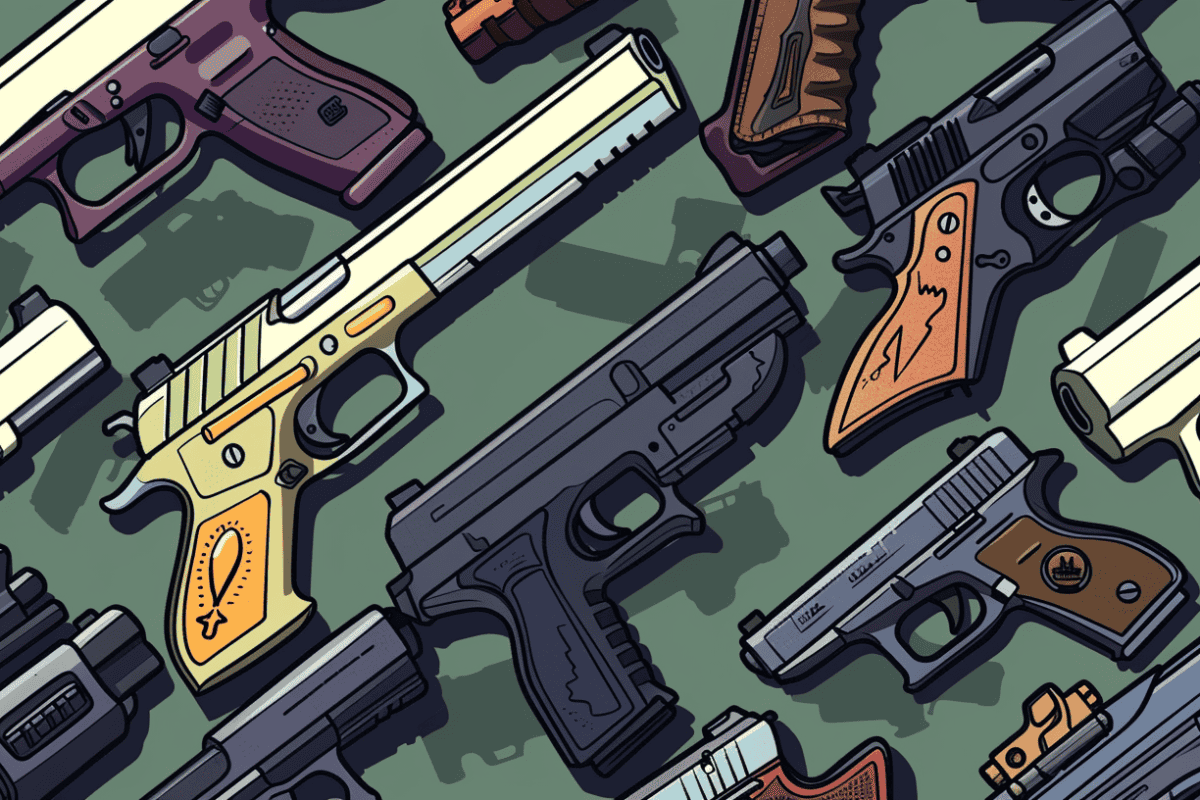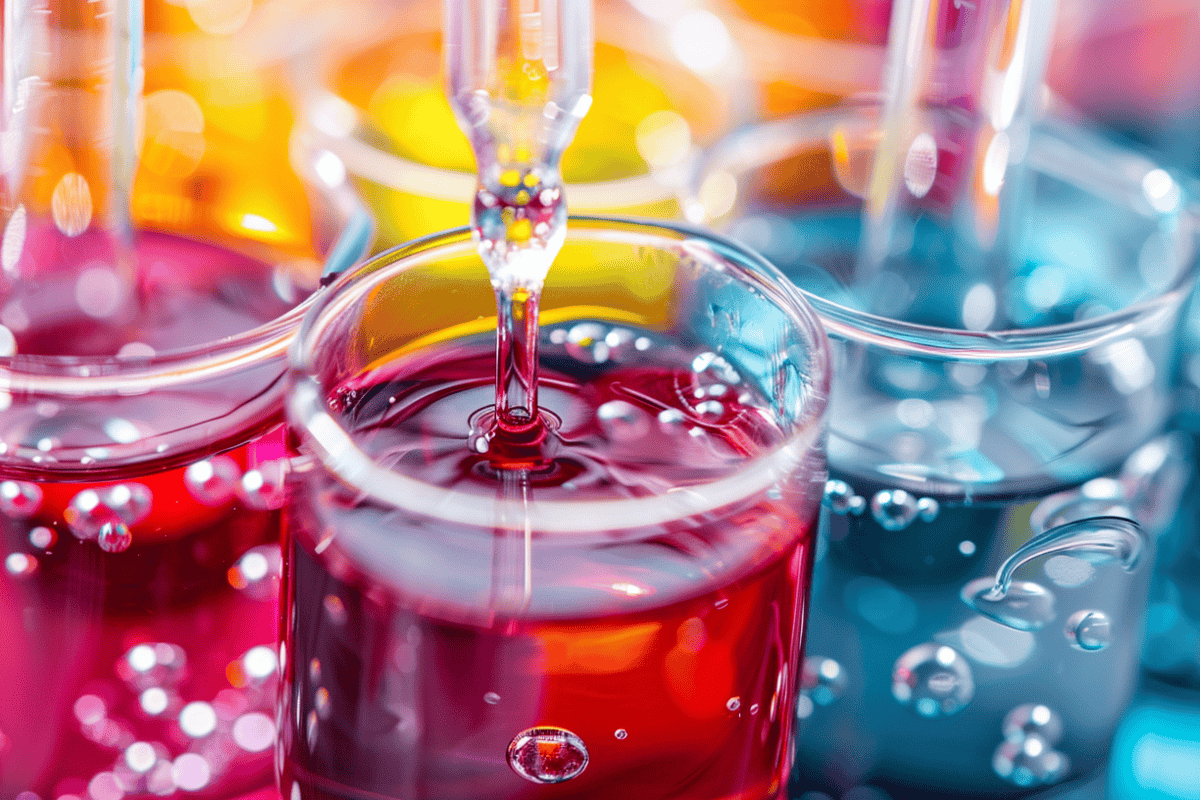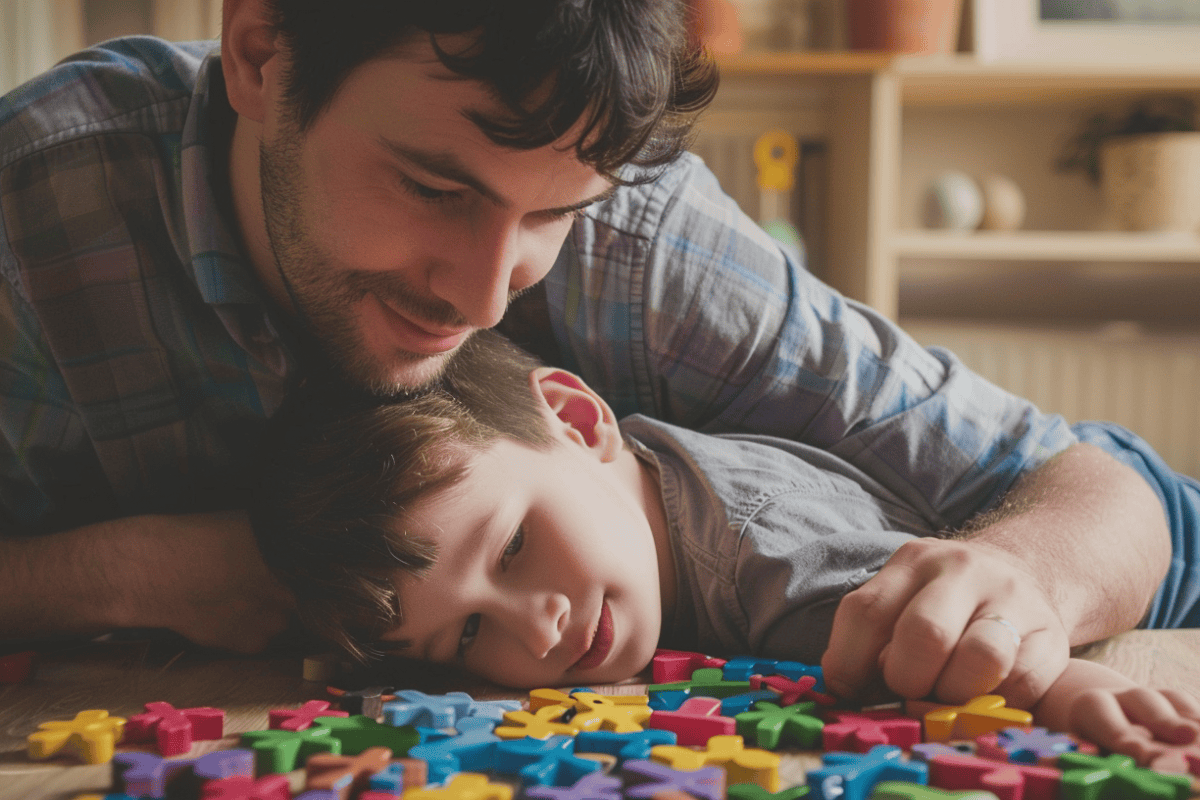Risk minimization is imperative when handling blood and other body substances. You should treat all as potentially infectious to prevent the spread of disease. Read on to know more about how to handle blood and other body substances.
The Importance of Standard Precautions
You should practice standard precautions when handling the following:
- blood
- dried blood
- saliva
- urine
- faeces
- broken skin
- the lining of the nose
- mouth
- genitals
What does it mean to practice standard precautions?
Practicing standard precautions means that you handle everything while strictly observing good hygiene. You can practice good hygiene by doing the following:
- washing your hands
- using gloves
- using appropriate protective clothing
- practicing safe and proper disposal of waste
What to do if you’ve been exposed to blood or other body substances?
You should observe the following procedures if you or someone has been exposed to blood or other body substances:
- Carefully remove the contaminated clothing.
- Deal with blood or body fluids on your skin immediately. You should wash it with soap and water.
- If eyes have been splashed, rinsing should be done in a gentle and thorough manner. Eyes should be open during the process.
- Should blood or body fluid be in the mouth, spitting should be done immediately. The mouth should be rinsed with water multiple times. Water should be spat out every single time.
How to report incidents?
All incidents involving blood or other body fluids should be immediately reported to:
- The supervisor – if one is in a workplace
- The health and safety representative – if in a space where there is one
- A doctor – if the incident occurs outside of work
- The emergency department – if one is outside work
Reporting should be done even if the incident takes place after work hours.
What to do if you think you’ve been exposed to a potential blood-borne virus?
Do the following if you think you or a person has been exposed to human immunodeficiency virus (HIV) or hepatitis B:
- Contact a local doctor.
- Contact a local sexual health clinic.
- Go to an emergency department.
- If there have been any HIV exposures, you should immediately contact the 24 Hour Post Exposure Prophylaxis (PEP) triage hotline of your local government.
If exposure took place in a workplace, the PEP evaluation and assessment should be done by resident safety experts put in place by employers.
What is post-exposure prophylaxis?
Post-exposure prophylaxis or PEP is done to:
- prevent infection
- prevent the development of any infection
- lessen the severity of an infection
- lessen the risk of the spread of the infection
PEP should always be done immediately. The sooner it is done, the better.
PEP for HIV involves an anti-retroviral medication that lasts for 28 days.
PEP for hepatitis involves immunoglobulin and 3 vaccinations in the course of 6 months.
How to clean blood and other body substances on surfaces?
Do the following cleaning procedures if blood or other body substances spilled on surfaces:
- Always act as soon as possible.
- Wear protective rubber gloves.
- Wear eye protection.
- Wear a plastic apron if there are risks of splashing.
- Use a paper towel to remove much of the spill.
- Use warm water and detergent to clean the area.
- Use a sponge or disposable cleaning cloth when applying warm water and detergent.
- The surface should be left to dry.
- Have the area disinfected.
- Disinfection could be done by using household bleach.
- Dispose of your gloves, paper towel, and cleaning cloth in a sealed plastic container.
- Throw the sealed plastic bag with household waste.
- Clean hands by washing with soap and warm water thoroughly.
How do you wash your hands properly?
- Always use soap.
- Always wash with running water.
- Wet your hands first and then lather with soap.
- Rub hands for at least 20 seconds before washing.
- Ensure that you clean your wrists, the back of your hands, the spaces between your fingers, and the skin under your fingernails.
- Use running water to rinse your hands.
- Dry your hands with a disposable paper towel. You can also use a clean towel.
To maintain good hygiene, when are you required to wash your hands?
You should wash your hands when:
- You’ve gone to the toilet.
- You’ve changed a nappy.
- You are to handle food.
- You’ve just handled food.
- You’ve sneezed.
- You coughed.
- You blew your nose.
- You’ve cared for someone sick.
- You handled rubbish.
- You’ve smoked.
What to do if you don’t have the time to clean blood and other body substances by yourself?
You should call professionals like Aftercare to do the cleaning for you. Look for one that is available 24/7. One within your local area should be contacted first as it’s best if cleanup can be done immediately.
Will cleaning professionals do everything for me?
Yes, cleaning professionals will do everything for you. They will come fully equipped with protective clothing and solutions for the cleaning. Take note though that you should not contact regular cleaning professionals. You should contact cleaning professionals that specialize in blood cleanup or crime scene cleanup. They will arrive fully protected, clean efficiently, and dispose of all waste properly. They will also closely work with the police authority to report on the incident.
This post has been sponsored by High Jump Digital Pty Ltd
Digital Health Buzz!
Digital Health Buzz! aims to be the destination of choice when it comes to what’s happening in the digital health world. We are not about news and views, but informative articles and thoughts to apply in your business.


